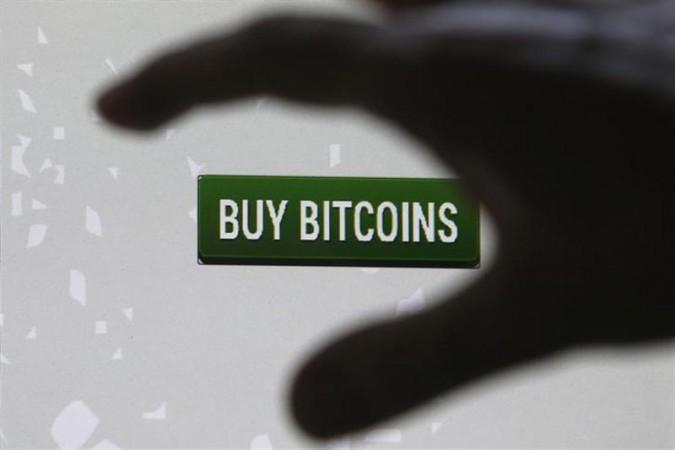
The Reserve Bank of India (RBI) has banned all banks from dealing with or providing services to any individual or business entity dealing with or settling virtual currencies.
The Indian government and the RBI have previously cautioned the public over cryptocurrencies, with the central bank declaring that it does not consider bitcoins and others as legal tender.
But the decision by the bank last week prevents all entities under its regulation from dealing with any virtual currency. In short, a person will not be able to transfer money from his savings account to his crypto-wallet.
So, what does this mean for a crypto-investor?
The RBI's decision will not have any impact on crypto-investors because it has not banned cryptocurrency trading. Bitcoin, like other cryptocurrencies such as Litecoin and Ethereum, is not controlled by a single organization or person.
All the transactions using bitcoins are made with no middlemen – which means there is no involvement of the banks. Marketplaces called 'Bitcoin exchanges' allow people to buy or sell bitcoins using different currencies.
So, none of the central banks around the world, including the RBI, can ban people from trading in cryptocurrencies.
By clamping down on virtual currencies, the RBI is trying to control cryptocurrency usage as much as possible. People who hold bitcoins can choose to retain them but they won't be able to convert them to Indian currency or trade them in Indian currency.
The central bank has allowed a 3-month period for regulated entities like banks to unwind their virtual currency positions. Conversion to Indian rupees will be permitted during this period.

















